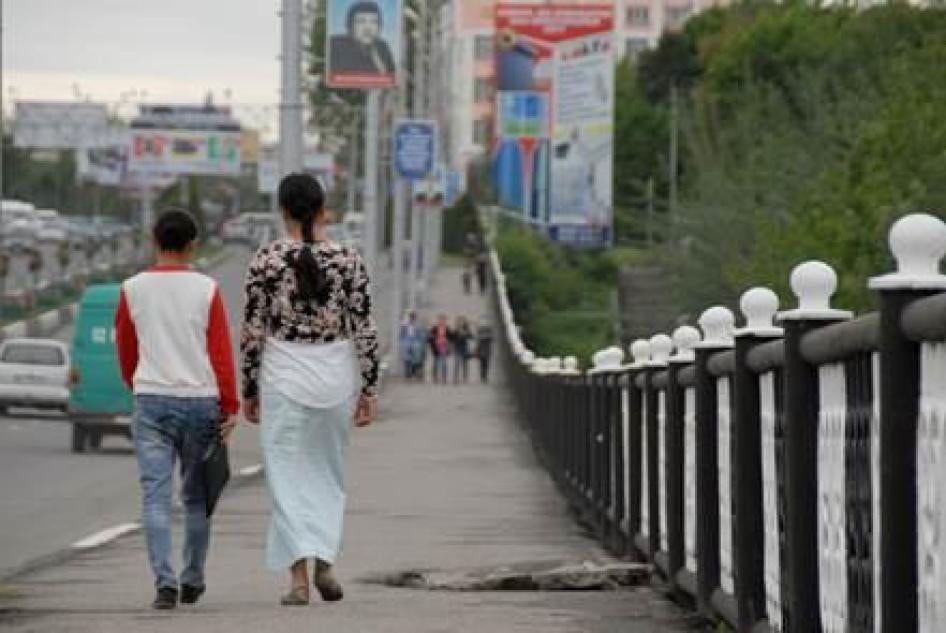It happened when I was 17 — not the first such incident but it remains most seared in my memory. It was early autumn, so I was wearing a sweater or light jacket – not that it matters, except that women and girls have been taught to believe that what we are wearing does matter, and to dress in response.
As I walked by some construction scaffolding on my way to class, I heard a man yell: “Nice rack!” I think he snickered, or maybe that was the humiliation echoing in my head. I was mortified. I felt like the world’s eyes were on me – on my body, and its most private parts. Did my classmates hear? The shop owners on the street I walked every day? Decades later, every time it comes to mind I feel my body curling in on itself, my shoulders rounding, my arms crossing like protective armor.
Almost every woman and girl has her version of this story. They — we — have been dismissed for far too long.
In October, a United Kingdom House of Commons special committee, the Women and Equalities Committee, issued a report revealing that for women and girls incidents of sexual harassment in public are “relentless, everyday experiences.”
Plan International recently reported that two out of three girls in the U.K. had experienced public harassment — including more than one in three while wearing school uniforms. The problem doesn’t end on the street but can even be seen in legislative settings: an independent report in October cited sexual harassment against female House of Commons staff that, along with other abuses, had long been “long been tolerated and concealed.”The Women and Equalities Committee report notes, “The damage is far-reaching. Experienced at a young age, sexual harassment becomes ‘normalized’ as girls move through life.” What are often discounted as “jokes” or “compliments” can have consequences for years, sometimes even a lifetime. Growing up with our bodies as constant fodder for public comment affects the way we carry ourselves, the way we dress, and the way we navigate our place in the world. It affects our rights to dignity, privacy and autonomy as human beings.
That catcall at age 17, and the ones before and after, turned me into something I did not want and was not ready to be: an object of sexual desire to be gawked at and talked about. I wanted to disappear, and literally tried to, starving myself until I was dizzy with hunger. It wasn’t the only reason I lingered for a couple of years on the edge of an eating disorder. But remembering how dirty and violated it made me feel reinforced my drive to be skinny: if I just get thin enough, I thought, I will be invisible. I won’t be a target anymore.
It never occurred to me to tell anyone that a sense of shame and disgust was eating me from the inside out. I was too embarrassed — as though my body had betrayed me and brought this on itself. And who would I have told? What could they have done? Girls saw women everywhere ignoring catcalls and moving on. We thought that was our lot in life, too.
Street harassment cannot necessarily be legislated out of existence considering the challenges in monitoring, policing, and prosecuting it, and the risk of laws being used inordinately against particular groups.
Harassment of women and girls is a global problem. But in the U.K., there are efforts to do something about it. The Women and Equalities Committee inquiry is important. So are U.K. government moves like mandatory Relationships Education in primary schools and Relationships and Sex Education in secondary schools by September 2019. Yet the WEC report says the government has not done enough to meet its pledge to eliminate sexual harassment by 2030, and efforts have focused only on workplace harassment. But the Home Office reportedly said tackling street harassment is now a “key priority.”
The government should implement recommendations to address street harassment in its Violence against Women and Girls Strategy and strengthen policies and training to prevent harassment on public transit. It should develop media and public education initiatives to change attitudes and behaviors. And change often starts at the top. Elected representatives should demonstrate intolerance for sexual harassment and ensure effective reporting systems and appropriate sanctions for cases within government institutions.
It took me years to stop hiding my body at every turn. Still, when men whistle from car windows or jeer as I run to the bus stop, it is infuriating and degrading. As it takes me back to my 17-year-old self, I think of all the girls and women forced to reckon with feeling like public property.
I want to be able to tell them that they do not have to stand for it, and that we are working to change it. Individually, we can do more to call out such behavior, to intervene and not let it happen to others, especially girls. But governments need also take action so that girls don’t grow up thinking street harassment is “normal,” and hiding themselves as they live silently with the consequences.










